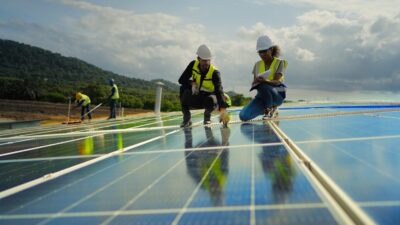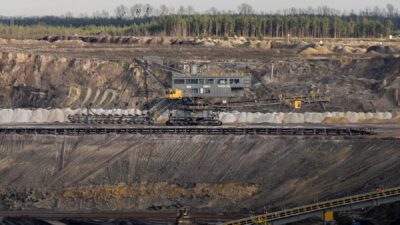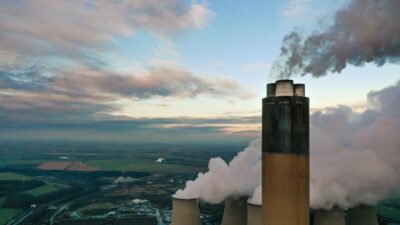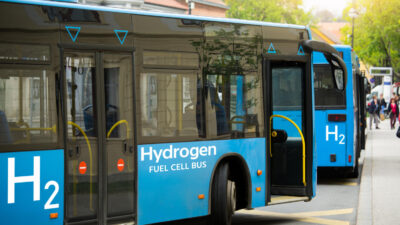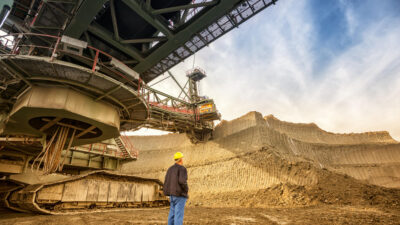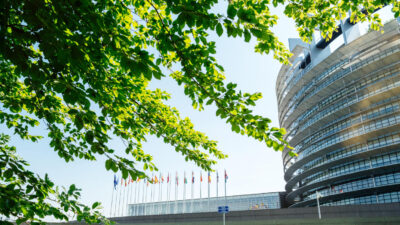We’re committed to being a net zero business.
The climate challenge is one of the biggest questions that business and society are facing globally. Together, we can make a difference.
Industries, organisations, governments and businesses are seeking answers to the questions that they are facing in their individual efforts to ensure a sustainable future. Our people offer solutions and toolkits to facilitate these crucial changes as economics is at the heart of understanding what interventions are needed and how to ensure the transition is achieved in a fair and equitable way.
As a growing and responsible business, we have also examined our own behaviours, considered our impact and made a commitment.
Our pathway to net zero

Evaluate
In 2021, we undertook a detailed exercise measuring our carbon footprint and setting economic based reduction targets for the next five years.

Commit
We’ve committed to achieving at least a 25% reduction* in carbon emissions by 2025 through changes to our working practices and working environment. We’ve joined the Race To Zero SME Climate Commitment, a UN-backed global campaign, to halve global emissions by 2030.
*from a 2019 baseline.

Progress
We’ll monitor our progress and outcomes, and act as a catalyst for better, more sustainable business practices with our clients and suppliers.
View our carbon reduction plan (CRP) as compliant with procurement policy note (PPN) basics 06/21.


